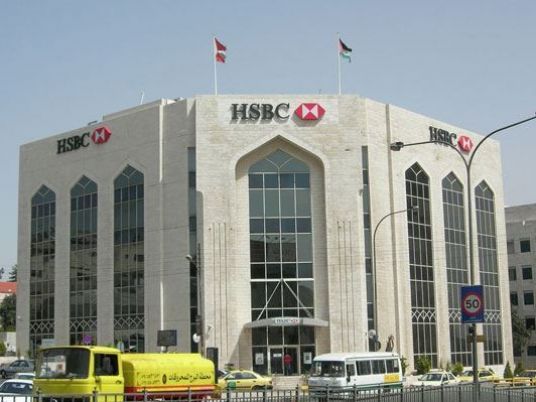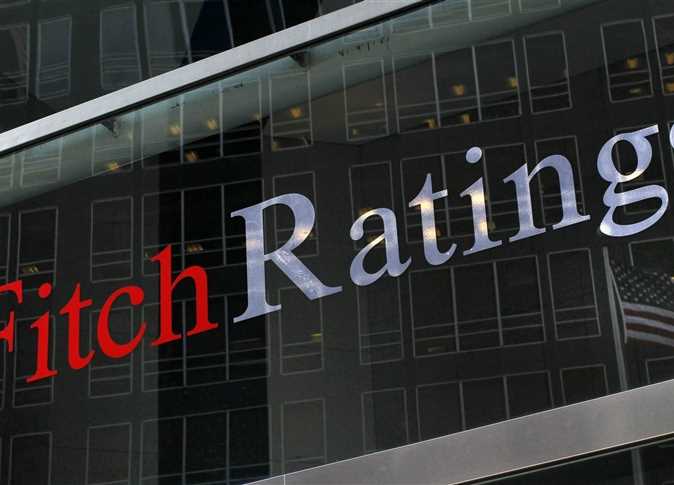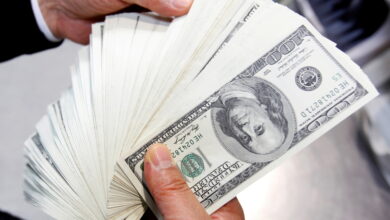
Business activity in Egypt was unchanged in February after the previous month's deterioration, a survey showed on Tuesday, a sign the economy remains fragile after years of political and economic turmoil.
The index had been below 50 for 13 months through October.
"The pick up in the score is welcome, but the gains are modest and come off a low base," said Simon Williams, Middle East Chief Economist at HSBC, in an accompanying statement.
"The weak new orders reading and continued contraction in employment point to an economy yet to build momentum."
The Egyptian economy has been unstable since a popular uprising ousted autocrat Hosni Mubarak in 2011. It grew a mere 2.1 percent in the fiscal year ending June 2013 and only 1 percent between last July and September, according to latest government data.
Political instability continues, with Egypt's interim government resigning last week. A new cabinet, including some previous ministers, was sworn in on Saturday, and a presidential election is expected later this year.
The army had installed the government in July after deposing Islamist President Mohamed Mursi – freely elected in 2012 after Mubarak's ouster – following mass protests against his rule.
Political disorder and street and militant violence, on the rise since the army's overthrow of Mursi, have further discouraged tourists and investors already unnerved by the 2011 uprising, leaving Egypt largely dependent on Gulf aid.
The PMI survey of around 350 private sector firms showed an increase in output, the index for which rose to 51 points in February from 47.3 points a month earlier.
The index for new orders also reached expansionary territory at 50.2 points, up from 47.8 points in January.
New export orders fell for the first time since October at 48.7 points in comparison with 51.1 points in January.
Businesses cut staff at the steepest rate since September, with the employment index falling to 48 points from 49.5 points in January. Output prices rose, albeit at a slower pace than in January, with the index standing at 50.1 points last month, down from 51 points.
Egypt's urban consumer price inflation hit an annual 11.4 percent in January.




